Brexit is dominating headlines. As the final days count down until the UK’s withdrawal from the EU on January 1, Ireland has been at the forefront of the last minute negotiations. Thankfully today Boris Johnson backed down from his previous hardline approach that would have violated international law and the “Northern Ireland Protocol” as previously agreed between the UK and the EU. Instead of a hard border between Northern Ireland and the Republic of Ireland, border checks between the EU and the rest of the UK will be pushed back between the UK and Northern Ireland. Even though the Northern Ireland border issue seems to have been resolved, there are still grave concerns about the impact tariffs would have on trade between Ireland and the UK in a “no deal” scenario. From a selfish standpoint, purchases from Amazon UK may take longer and be more costly due to additional tariffs/taxes.
The UK and EU have agreed that checks will not take place take place at the border between Northern Ireland and the Republic of Ireland. Northern Ireland will continue to follow many of the EU’s rules, meaning that lorries can continue to drive across the border without having to be inspected. However, there will be a new “regulatory” border between Northern Ireland and Great Britain (England, Scotland and Wales). That’s because, unlike Northern Ireland, Great Britain won’t have to follow EU rules in future. This means some checks on goods moving between Great Britain and Northern Ireland will be needed.What are the new checks?The EU has very strict rules about what can enter its market when it comes to some foods such as meat, milk, fish and eggs. From 1 January, some food products arriving in Northern Ireland from England, Scotland or Wales will need to be checked to ensure they meet EU standards – they will need to go through a border control post at sea ports, where paperwork will be checked and some physical inspections will take place.However, in order to reduce any potential disruption, supermarkets will be given an initial three-month “grace period” where the rules will not be enforced on the food they bring into Northern Ireland. This is to give them time to adapt to the changes and to ensure supplies are maintained. Some meat products, like sausages, will have a longer six-month grace period. What happens after this period is unclear, and will be the subject of future negotiations.Will there be other checks?Right now the UK and the EU are negotiating a trade deal to try to eliminate new charges – known as tariffs – from being introduced on other goods from 1 January. However, even if those talks fail, a temporary exemption has been agreed for Northern Ireland. Known as the trusted trader scheme, the vast majority of goods going from Great Britain to Northern Ireland will not face any tariffs. That said, there will be still some new paperwork requirements from 1 January – so businesses will need to prepare.






